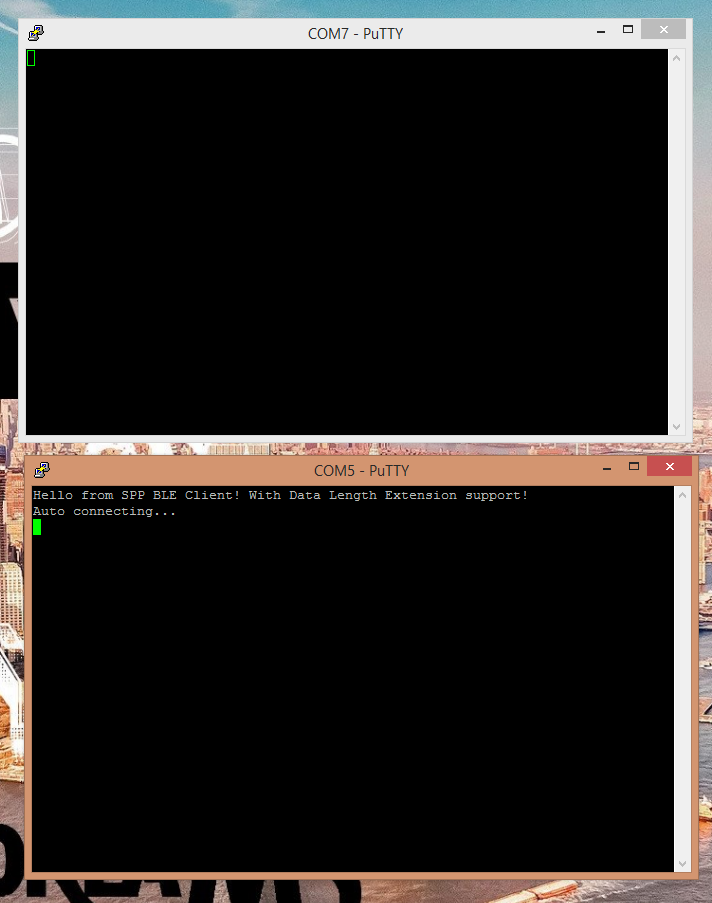Other Parts Discussed in Thread: SYSBIOS, CC2640, CC2650
Tool/software: TI-RTOS
Hi!
I started with project0. In my project, there is two task, one for the BLE Stack and one for UART. I use the BLE with higher priority. How can I balance this two task, It's enough to use Task_sleep(), or I have to use semaphore maybe hardware interrupt?I'm not sure ,how ProjectZero_taskFxn use semaphore. I've already find out that the semaphore post is in user_enqueueCharDataMsg, but where is the semaphore pend?
And another question. Can I find somwhere any summarize to project0, which describes the program strucure. I've found out a lot of things, but there is a bunch of things in which I'm not sure.
Best regards,
Mayer Tamás


